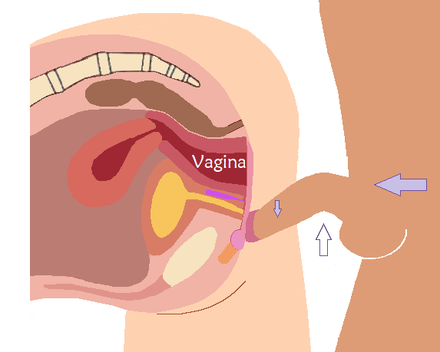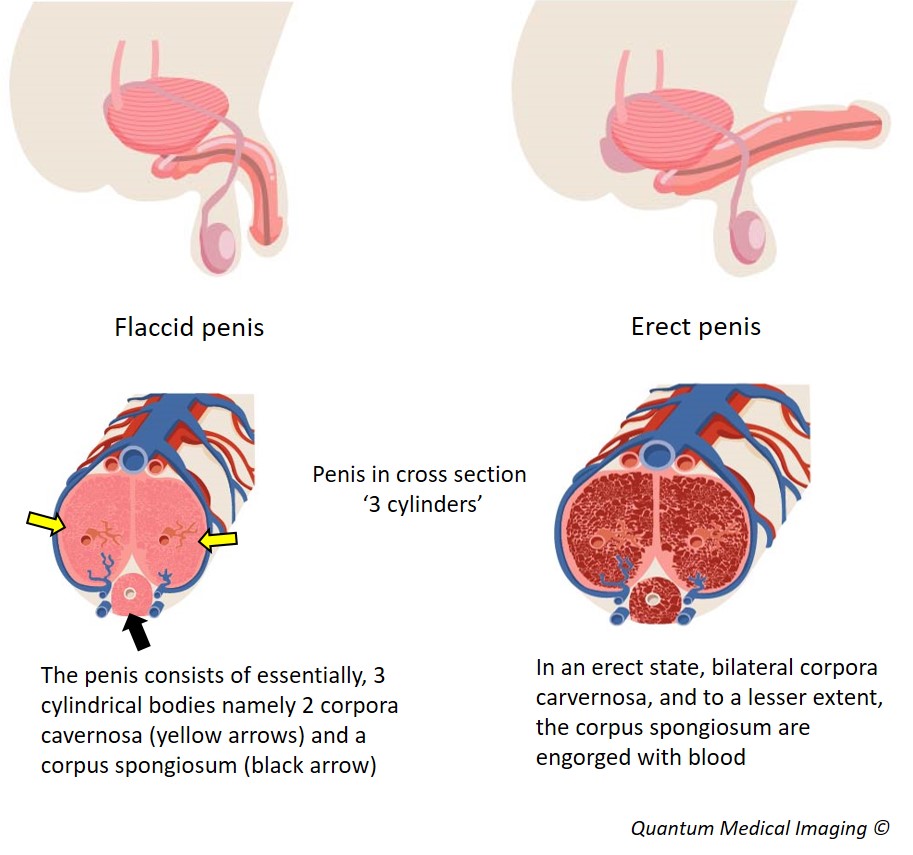Despite common misconceptions, the human penis doesn't contain any bones. However, a condition commonly referred to as a "penile fracture" or "broken penis" can still occur. This condition is characterized by the tearing of the tunica albuginea, a robust, white sheath of fibrous tissue that enables your penis to elongate and engorge during an erection.
A penile fracture is a significant health concern that requires immediate medical attention to mitigate complications like painful erections or erectile dysfunction (ED). This guide will provide you with insights into penile fractures, what causes them, and preventive measures you should take.

What Exactly is a Penile Fracture? 😯
A penile fracture is a relatively rare condition. It happens when the highly durable and flexible tunica albuginea experiences trauma or a sudden bend, resulting in a tear. This tear can also affect the corpora cavernosa, the spongy tissue beneath the tunica albuginea, and in some instances, the urethra.
Penile Fracture Risk Factors 🚨
Several factors can contribute to a penile fracture, with some being more common than others:
Heterosexual intercourse: A 2014 study revealed that about 66% of penile fractures occur during vaginal sex. The most vulnerable positions are when the woman is on top (accounting for about 50% of cases) and doggy-style sex.
Blunt trauma or falls: An erect penis can get fractured due to blunt trauma or by quickly turning over in bed. Falls that result in a forceful impact on an erect penis can also cause a fracture.
Physical manipulation: In certain regions, a particular practice known as "taqaandan" leads to penile fractures. This practice involves forcefully bending an erect penis to induce a rapid loss of erection.
Symptoms of a Penile Fracture 😣
Tearing the tunica albuginea causes blood to gush through the opening, creating a sort of blood "explosion" in the affected area. This usually results in a loud popping or crackling noise accompanied by severe pain. Other symptoms include rapid loss of erection, swelling, hematoma, and discoloration, leading to the notorious "eggplant deformity".
Diagnosing a Penile Fracture 🩺
A doctor can often diagnose a penile fracture without imaging, relying on visible symptoms and the patient's account of the incident. If imaging is required, ultrasound and Magnetic Resonance Imaging (MRI) are typically employed. In severe cases, additional tests might be necessary to rule out urethral injuries, which can occur in up to 38% of penile fracture cases.
How to Fix a Broken Penis? ⚕️
Penile fractures require immediate medical intervention, typically involving surgery, to prevent life-long complications. The surgeon usually drains the hematoma and stitches the tear using dissolvable sutures. The primary objective of surgical intervention is to prevent adverse outcomes such as ED. It is crucial to act promptly, as even an eight-hour delay can significantly increase the risk of ED. Untreated penile fractures can lead to long-term complications like scarring, penile curvature, and issues with urination or orgasms.
Recovery and Outlook Post Surgery 🏥
Post-surgery, you'll be provided with medication for pain and potential antibiotics. At home, it's essential to keep the wound clean and avoid sexual activity for up to six weeks. Temporary side effects may include ED, pain during erections, and a curved penis. Despite potential side effects, surgical intervention has a reported success rate of 92%.
When to Seek Medical Help? 🚑
If you experience any symptoms of a penile fracture such as pain, a popping noise, or swelling, seek medical assistance immediately. Timely treatment can prevent serious future complications, and most men continue to enjoy satisfying sex lives post-treatment.
Remember, the ultimate goal is to prevent a penile fracture. Avoiding precarious sexual positions and sudden, forceful movements can significantly reduce your chances of experiencing this distressing condition. Stay safe and mindful! 😊

Frequently Asked Questions About Penile Fracture 📚
To ensure that you have a complete understanding of penile fractures, here are some frequently asked questions on the subject:
Q1: Can a penile fracture heal on its own? No, a penile fracture is a medical emergency that cannot heal on its own. If left untreated, it can lead to serious long-term complications, such as erectile dysfunction, painful erections, and penile curvature.
Q2: How long does it take to recover from a penile fracture? After surgical intervention, you should avoid sexual activity for about six weeks to allow the tissues to heal properly. The exact recovery time may vary depending on the severity of the injury and individual healing rates.
Q3: Can I still have a satisfying sex life after a penile fracture? Yes, most men can return to a satisfying sex life after a penile fracture, especially if it's promptly treated. The surgical intervention for a penile fracture has a success rate of 92%, which bodes well for post-treatment sexual activity.
Q4: What are some steps I can take to prevent a penile fracture? Preventing a penile fracture mostly involves being cautious during sexual activities. Avoiding certain positions that put too much pressure on the penis, such as the woman-on-top and doggy-style positions, can significantly reduce the risk of penile fracture. It's also essential to avoid any sudden and forceful bending of an erect penis.
Q5: What if I can't get to a doctor immediately after a penile fracture? It's critical to seek immediate medical attention after a penile fracture. If you can't reach a doctor immediately, try to stay calm, apply a cold compress to the area to reduce swelling, and avoid any physical activity until you can get medical help.
Conclusion 🎯
Understanding the concept of a penile fracture, its symptoms, treatment, and prevention methods are vital for every man. Remember, a penile fracture is a serious medical condition that requires immediate professional intervention. Prompt treatment can prevent lifelong complications and ensure the preservation of a satisfying sex life post-recovery. Always practice safety and caution during sexual activities and immediately seek medical help if you suspect a penile fracture. Let's prioritize health, safety, and happiness, always! 😊